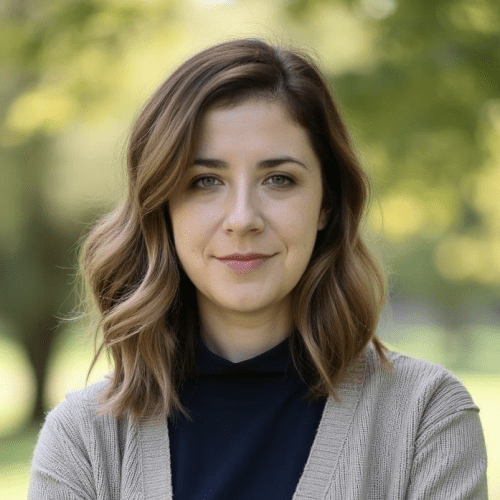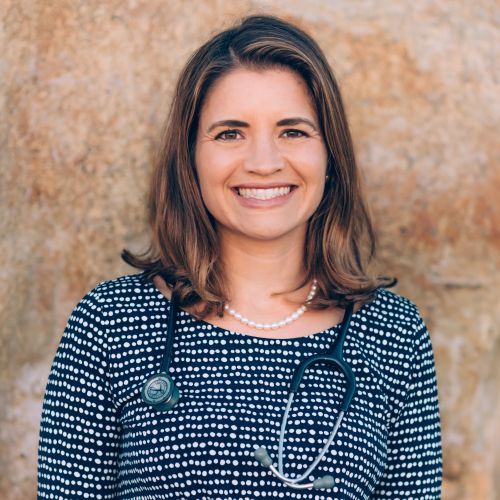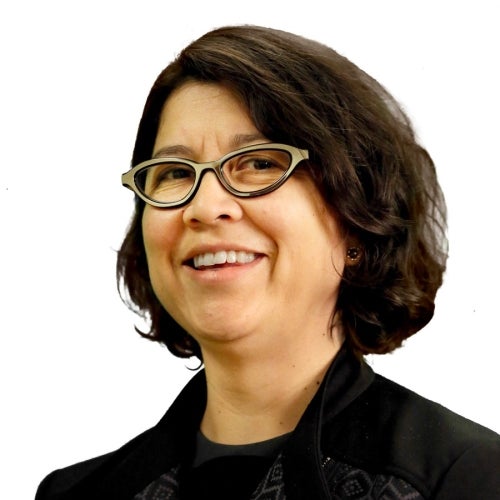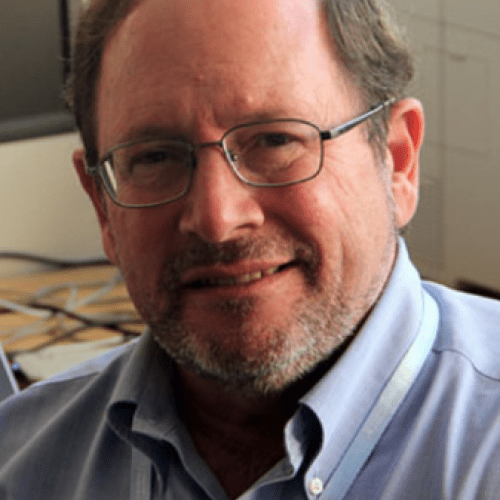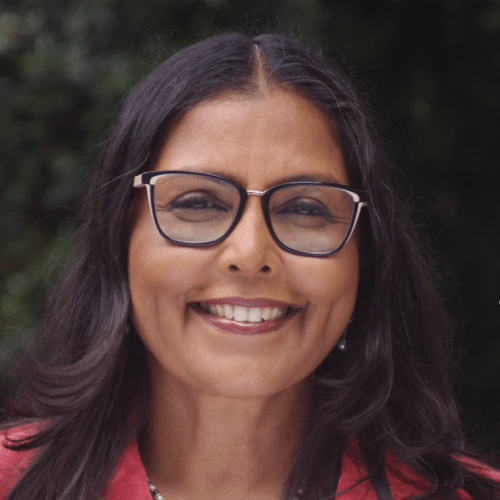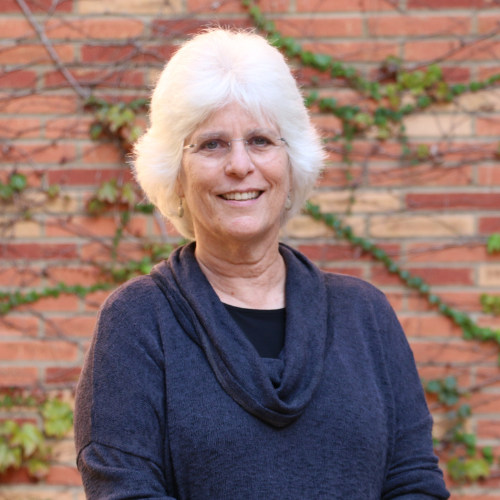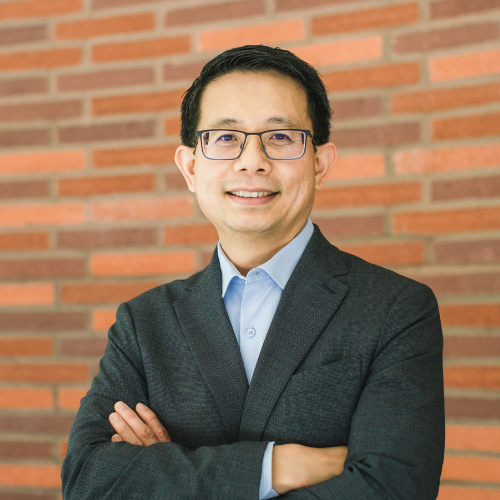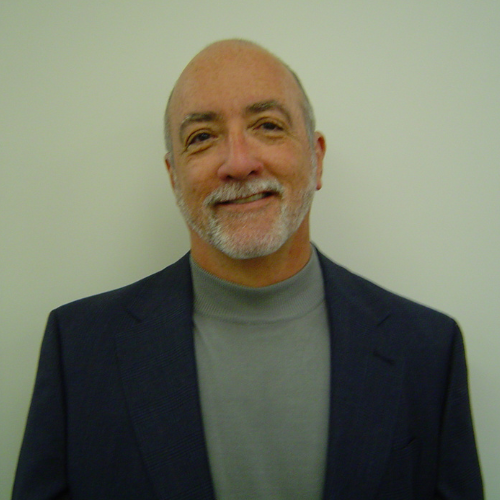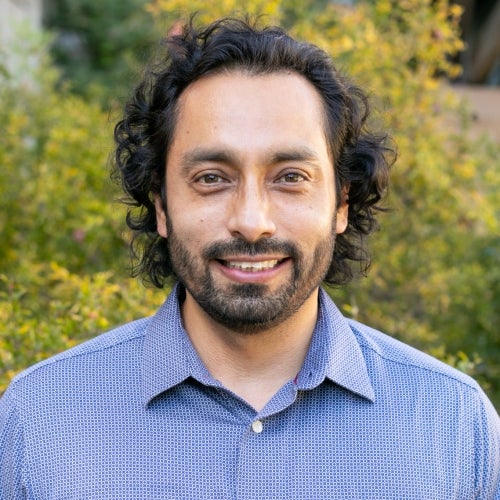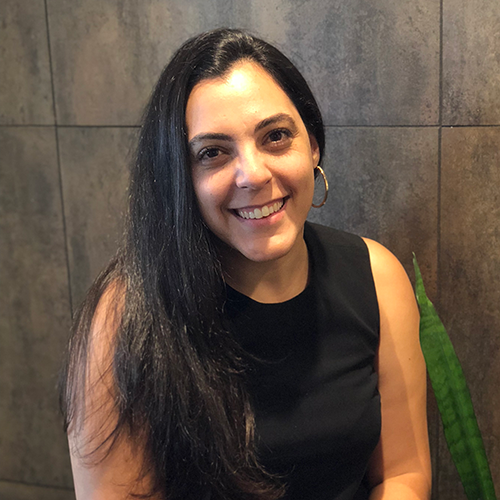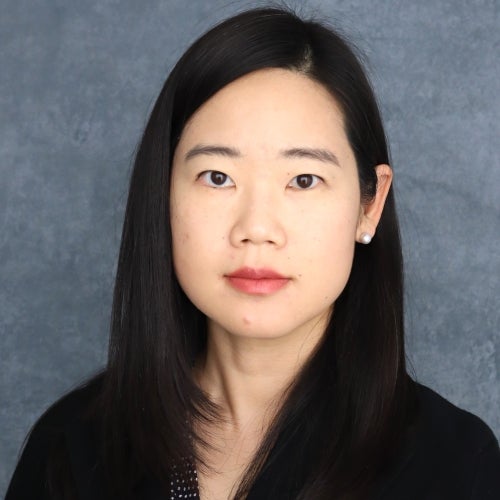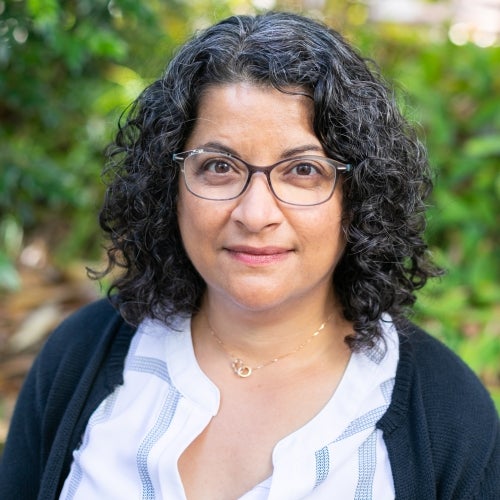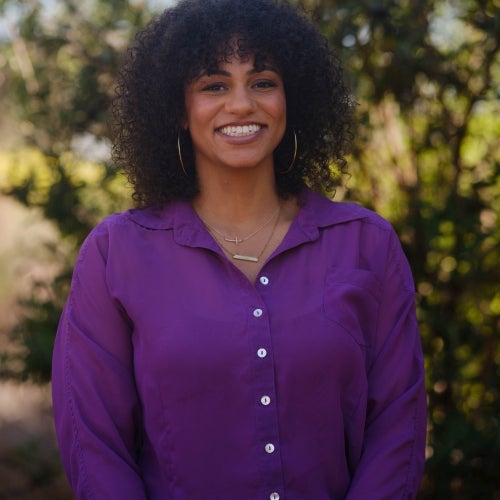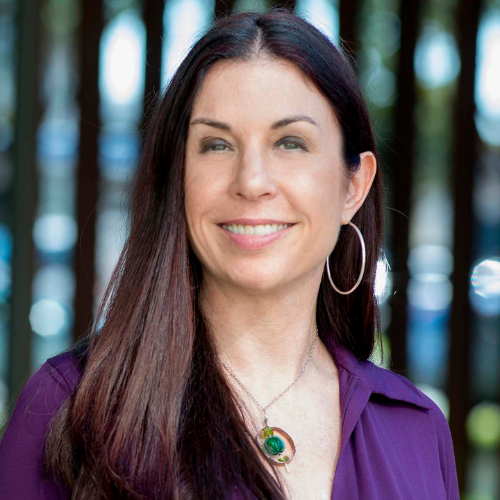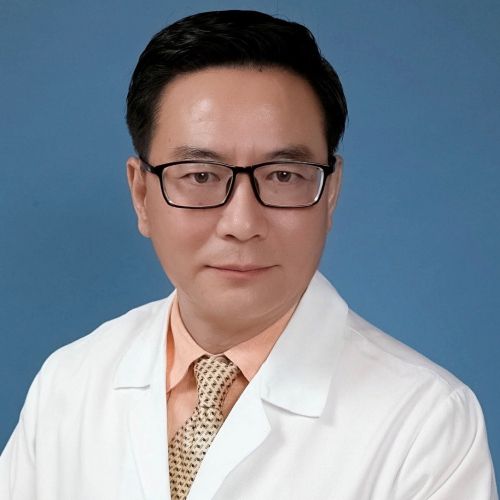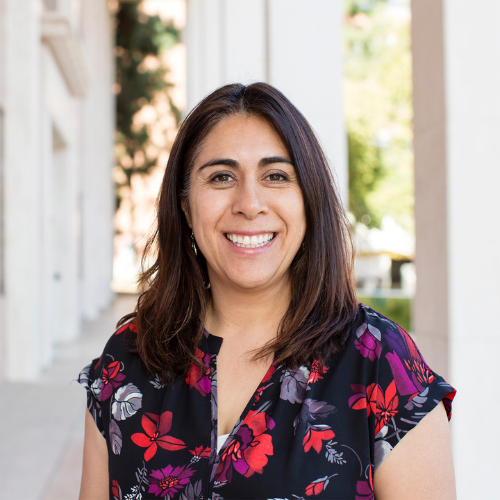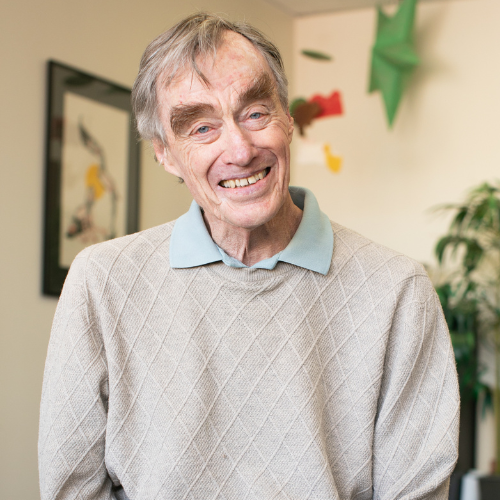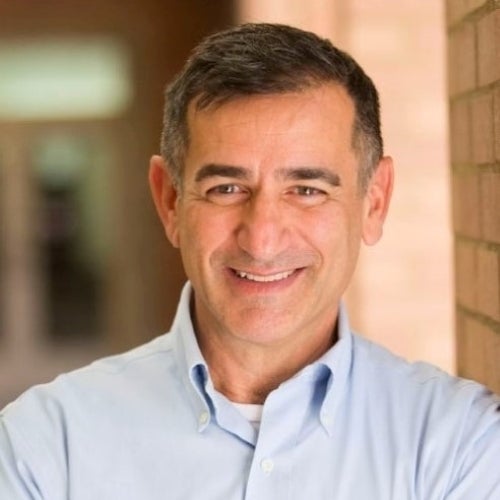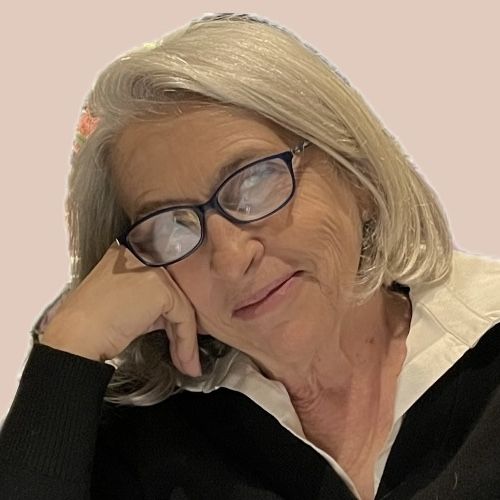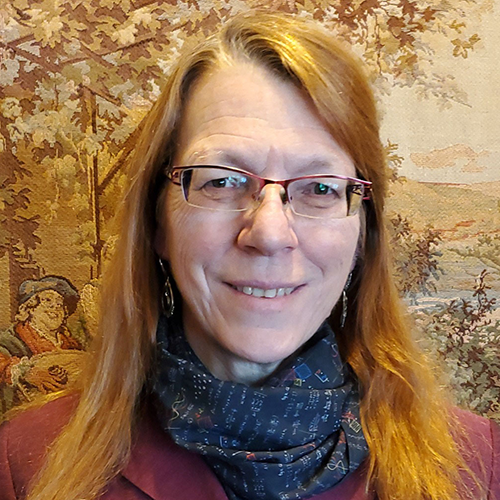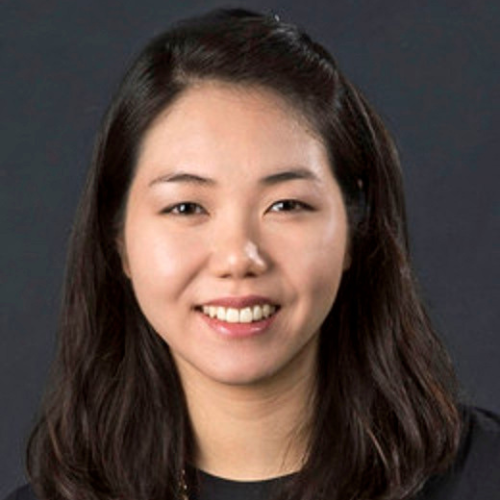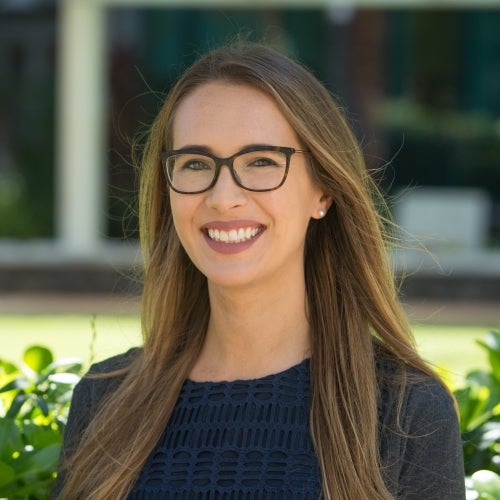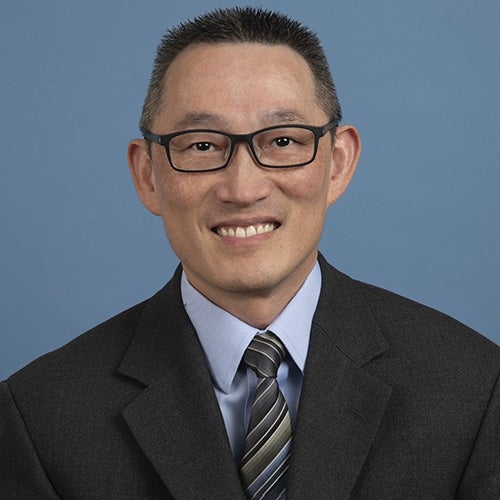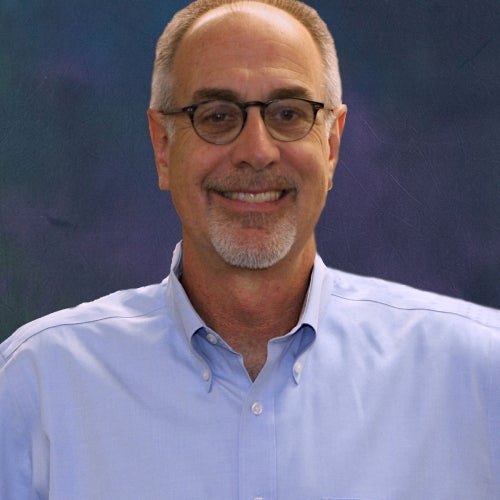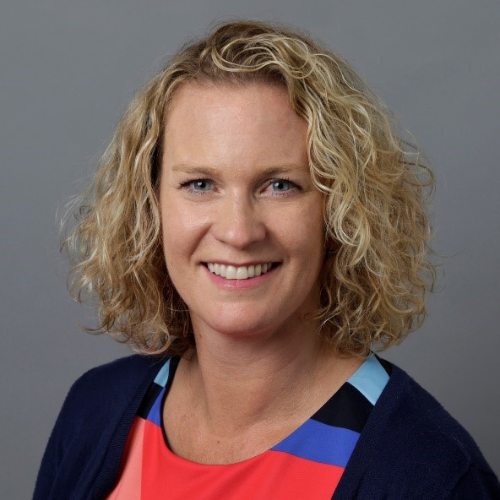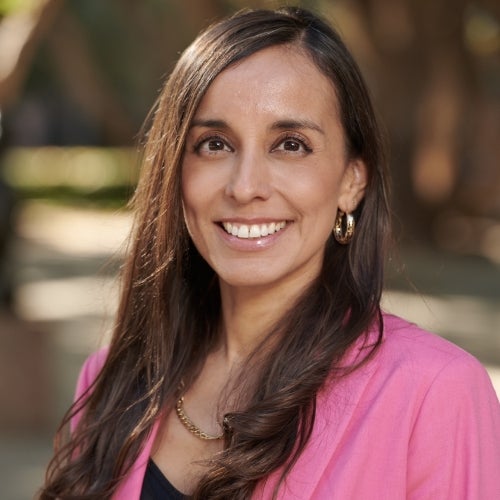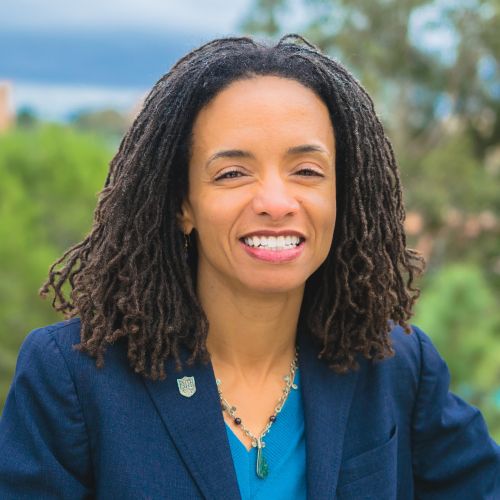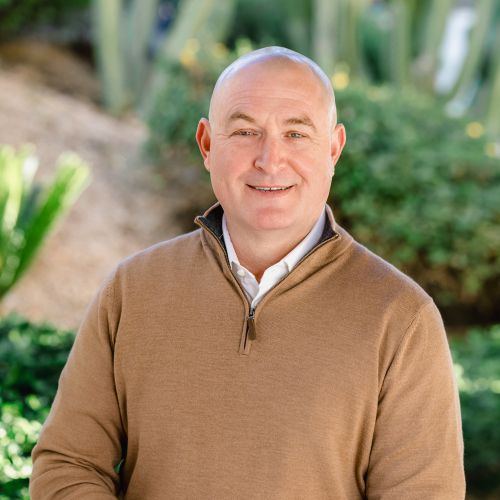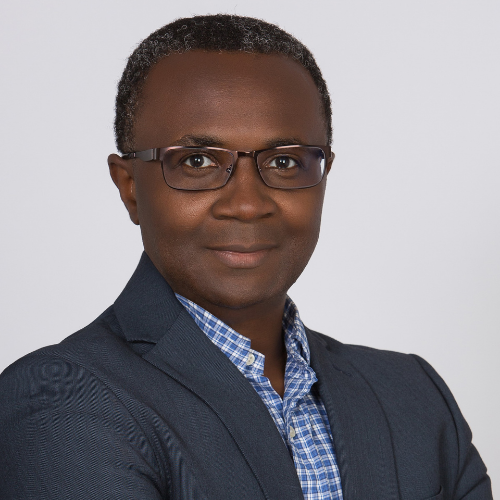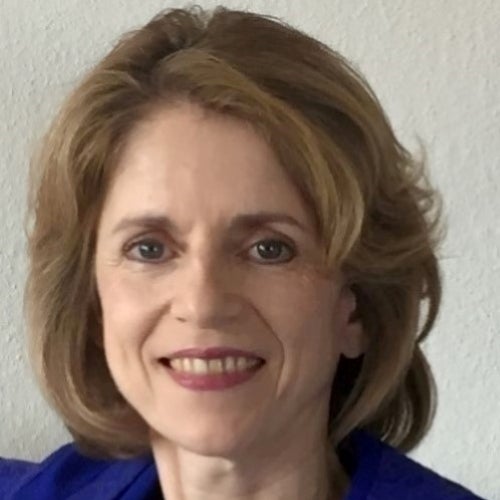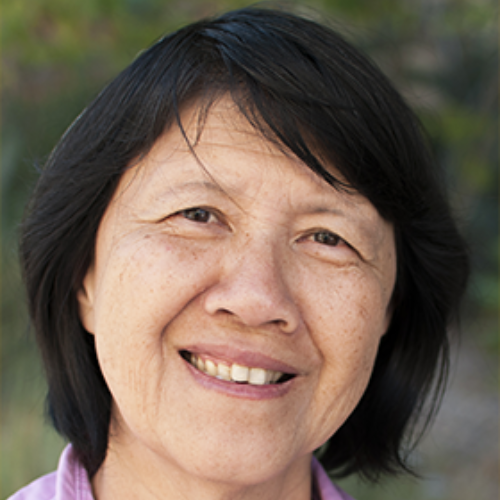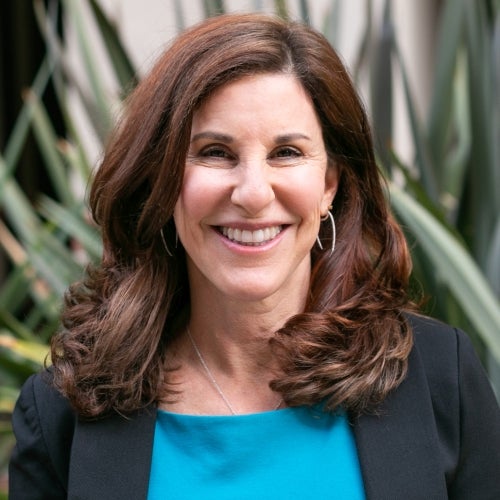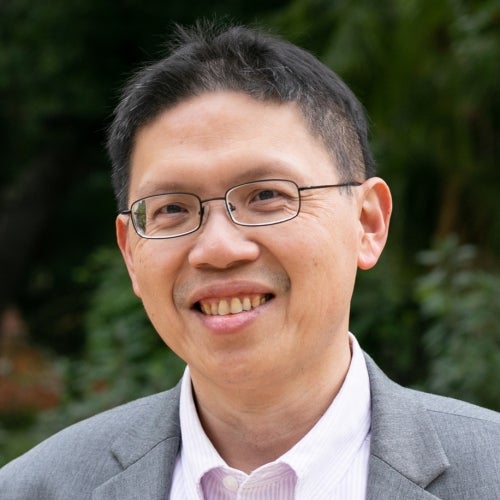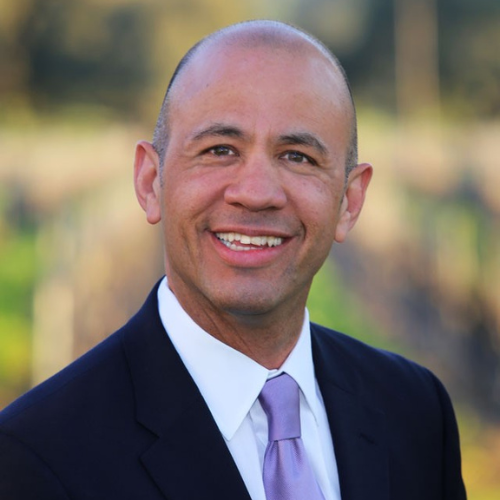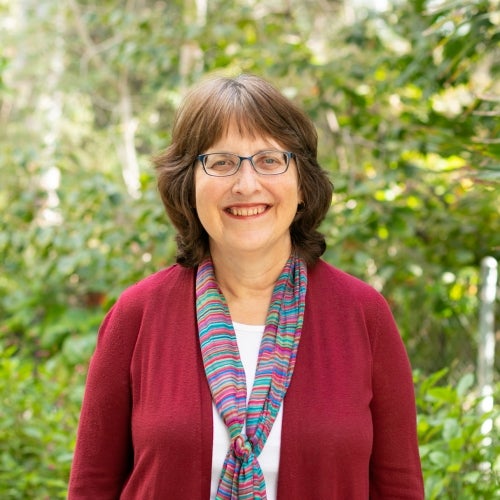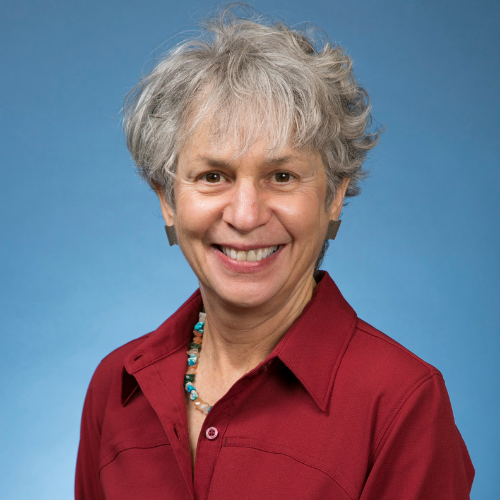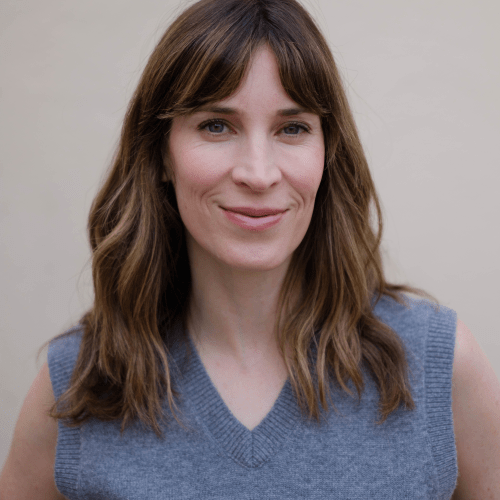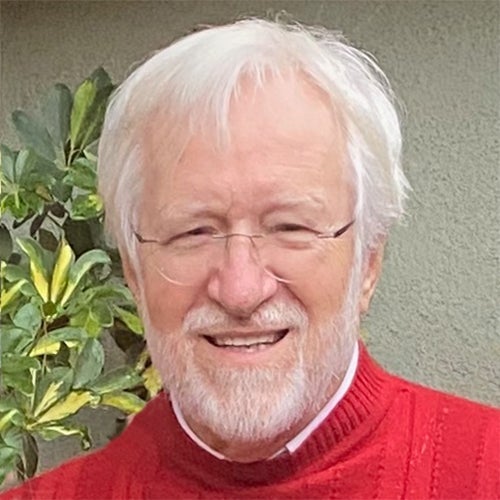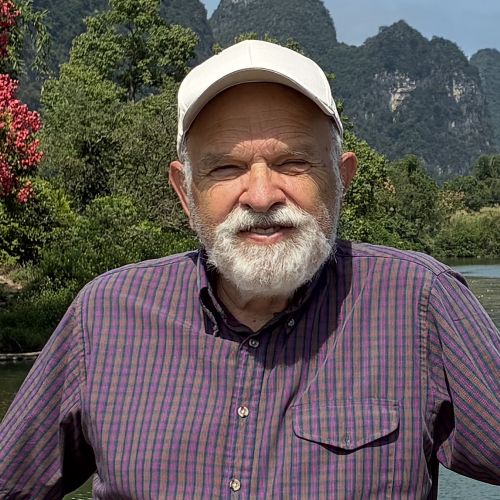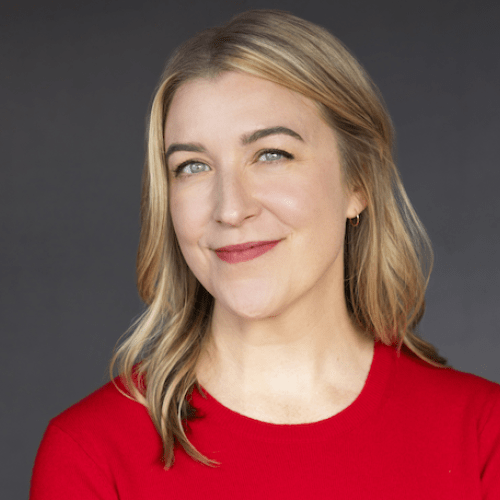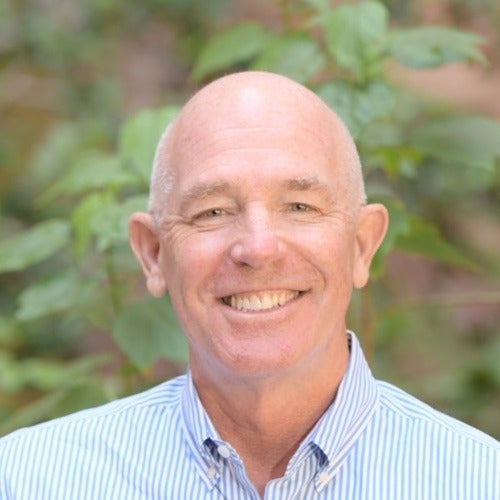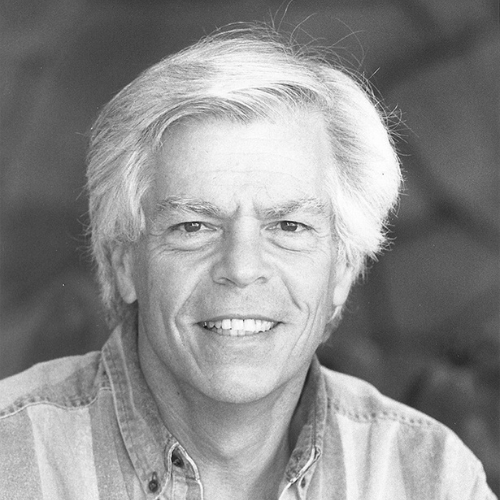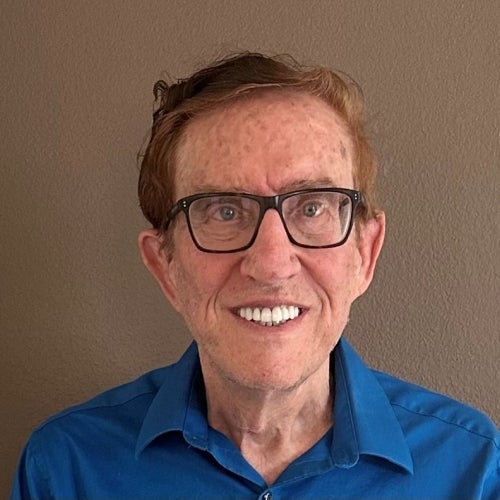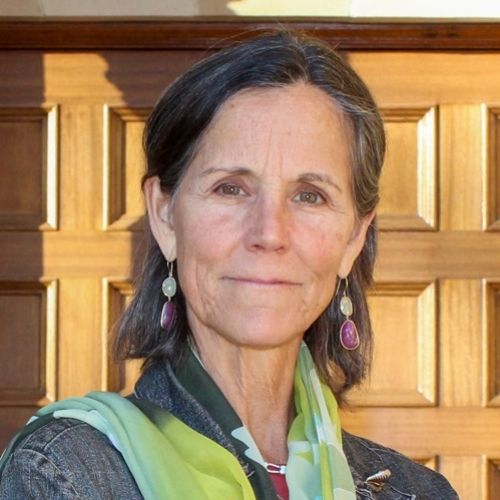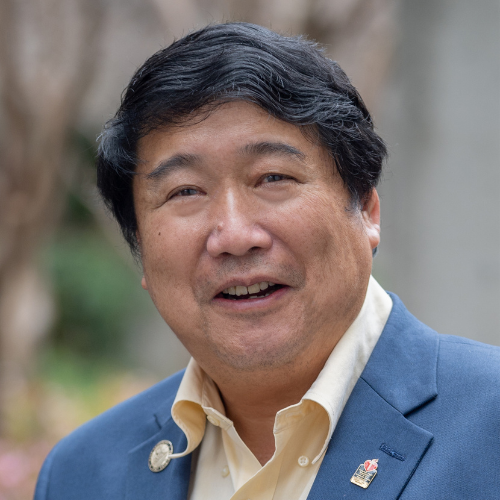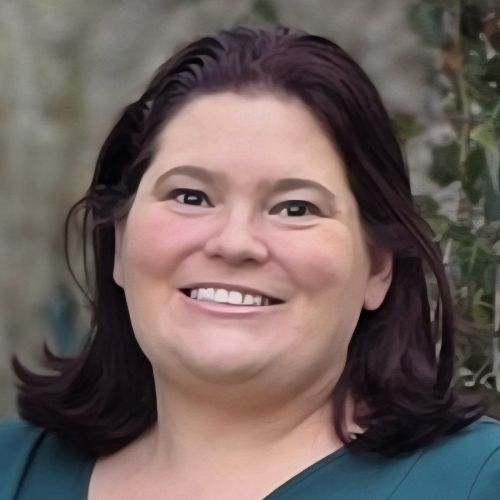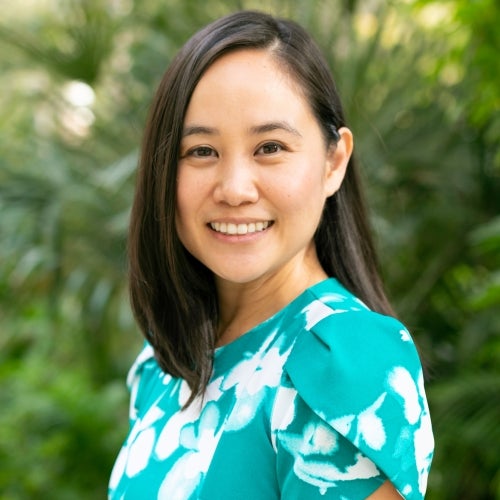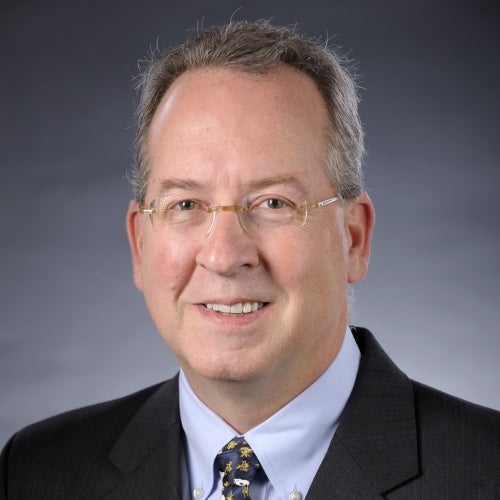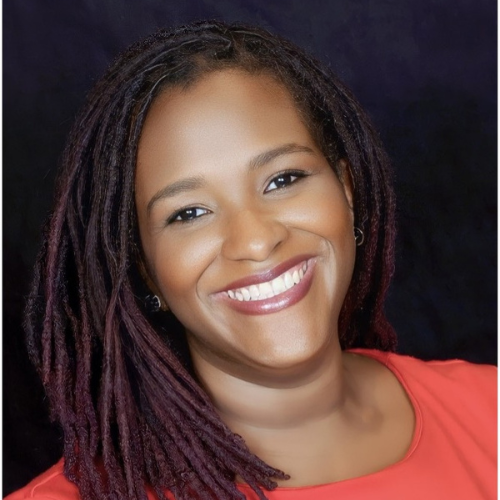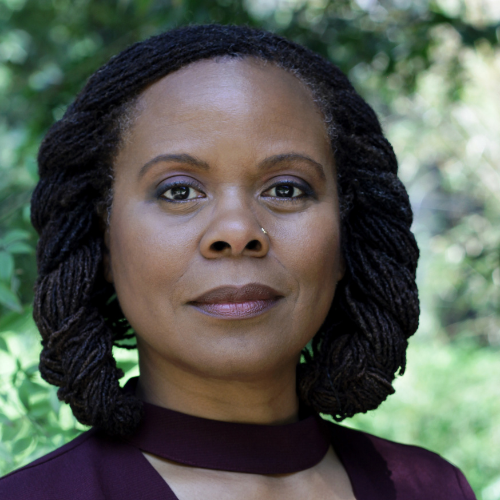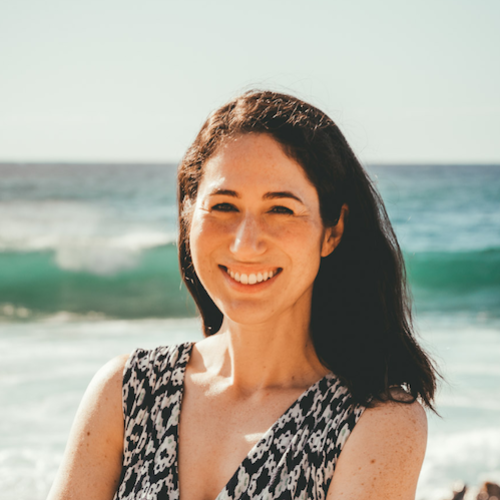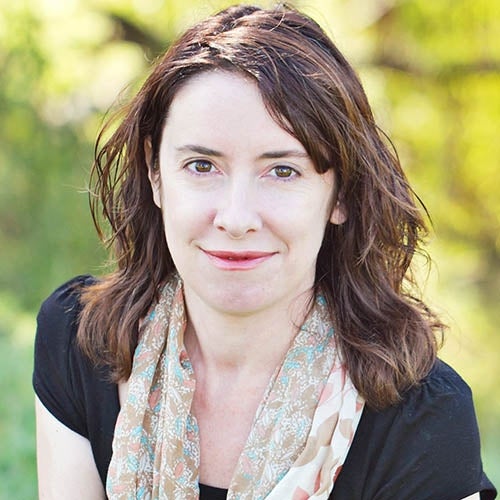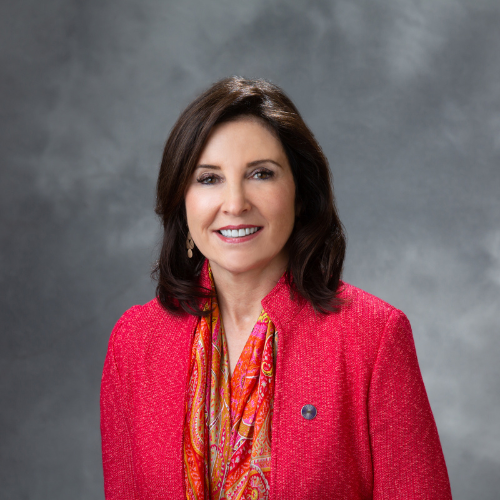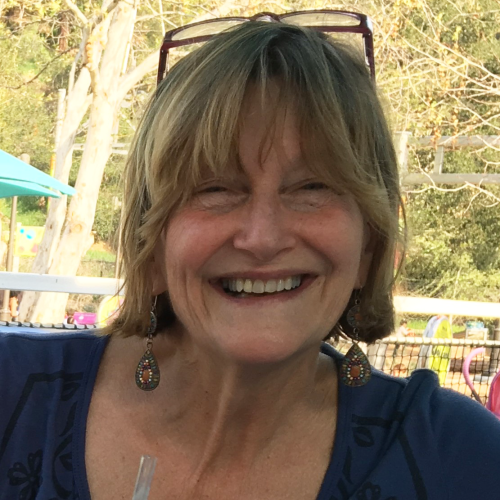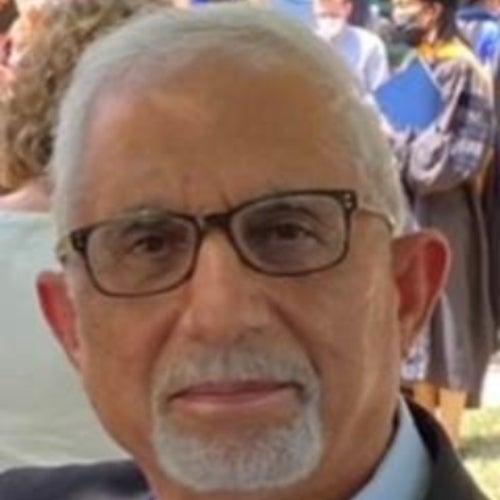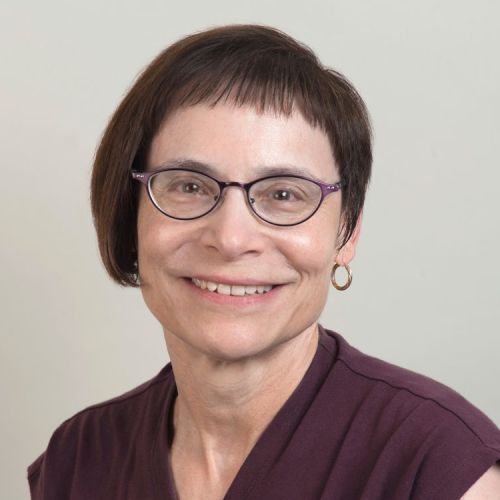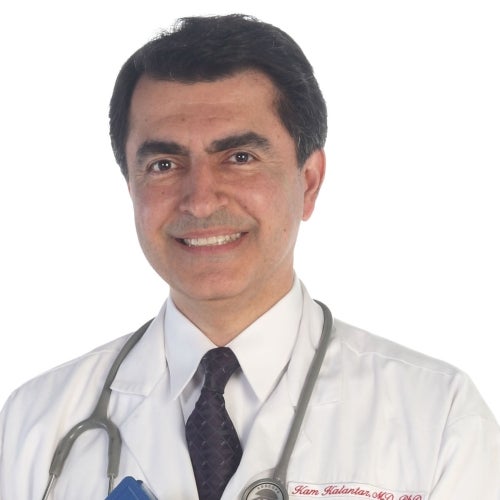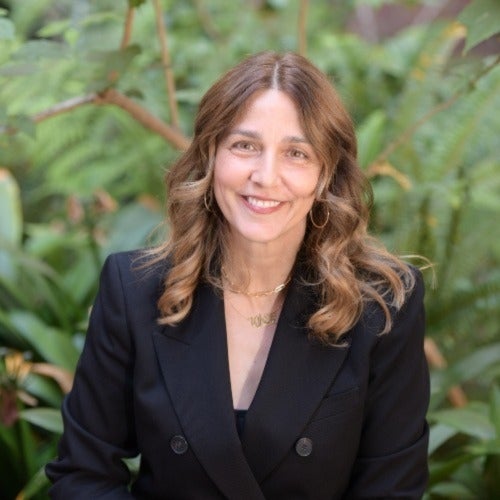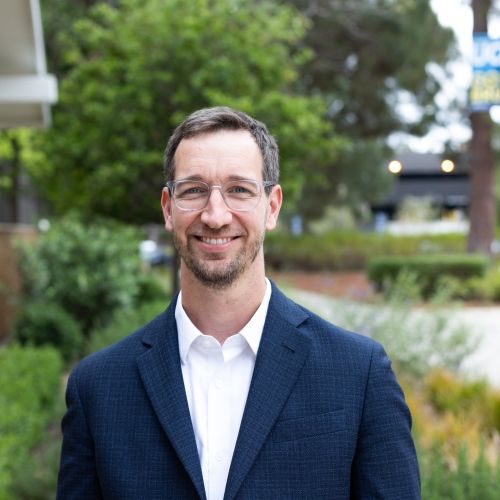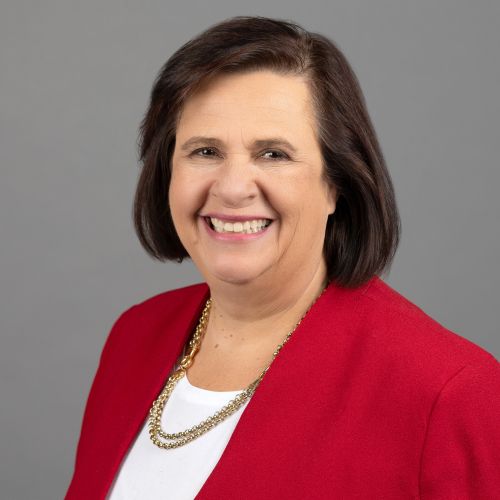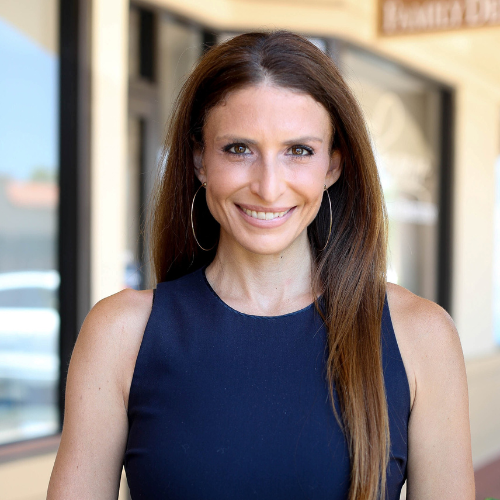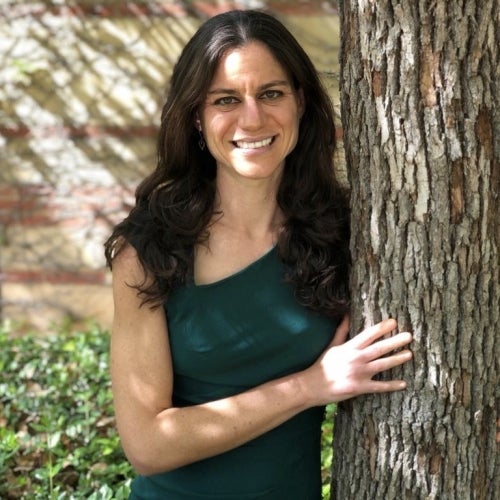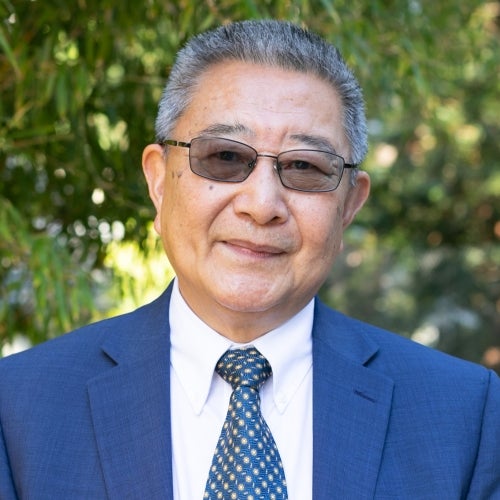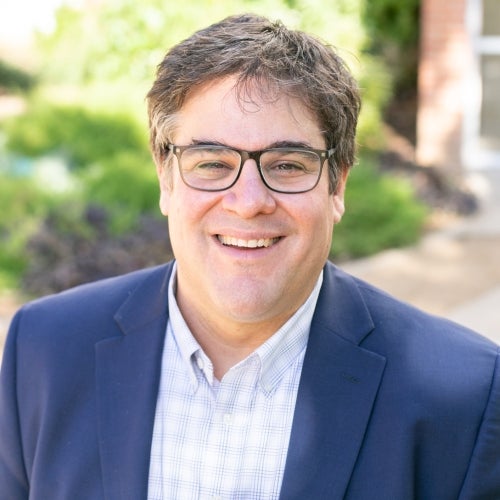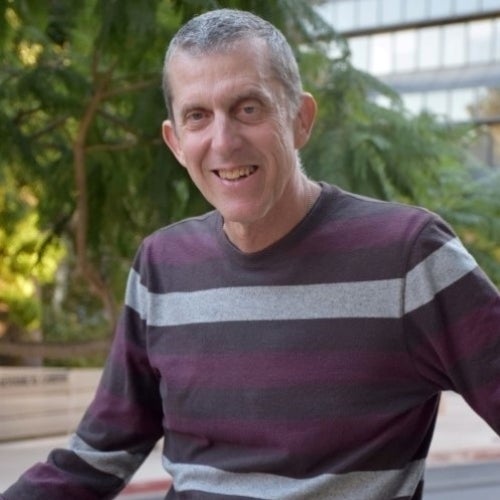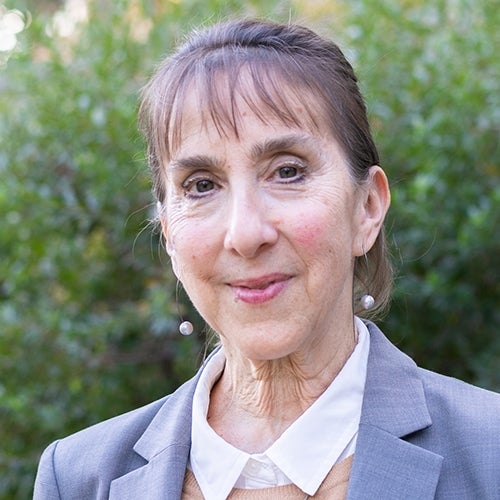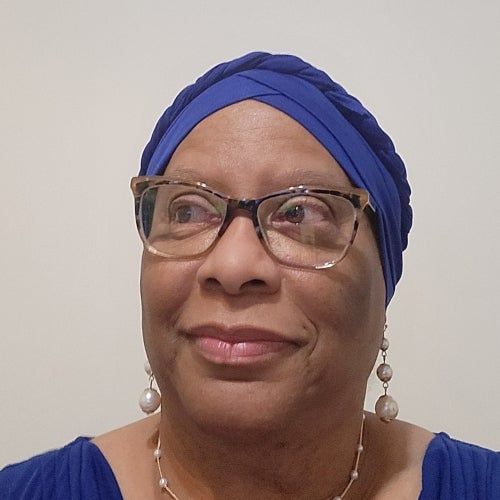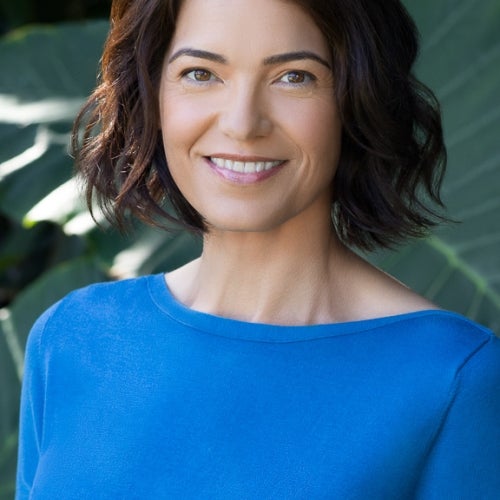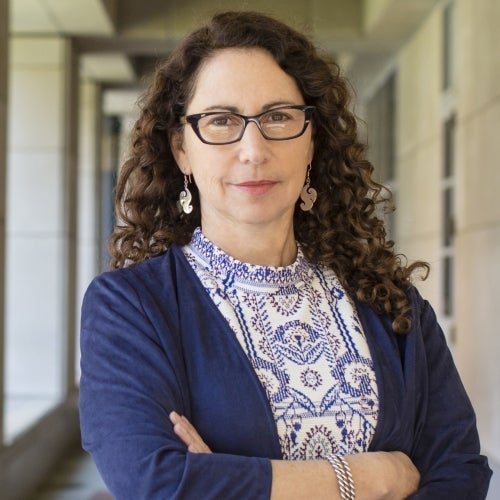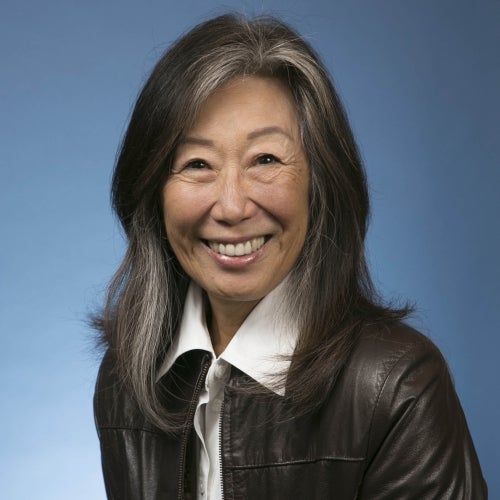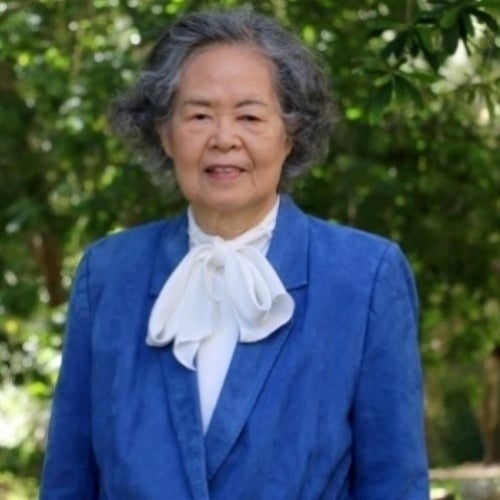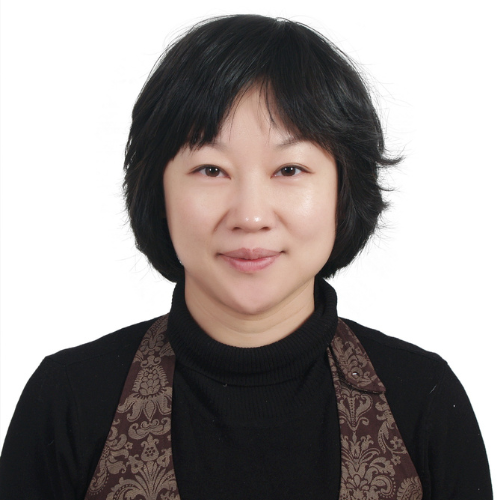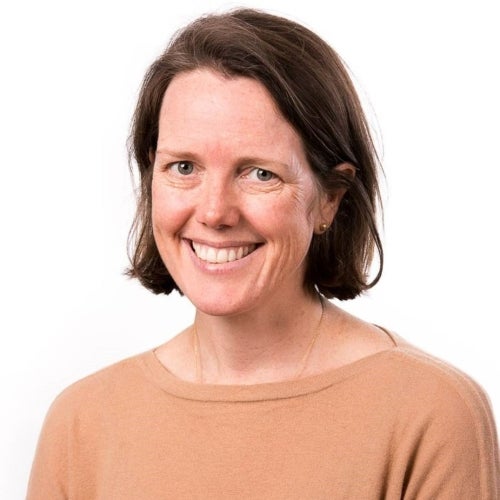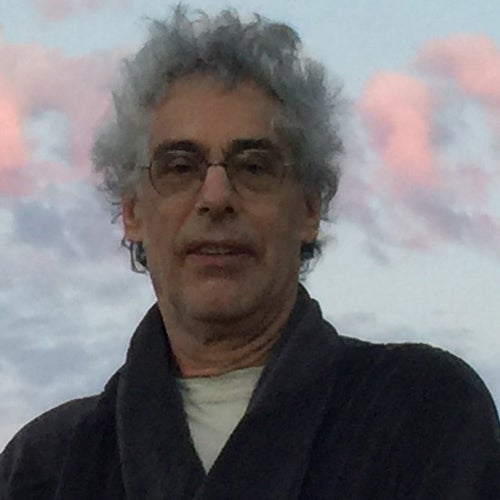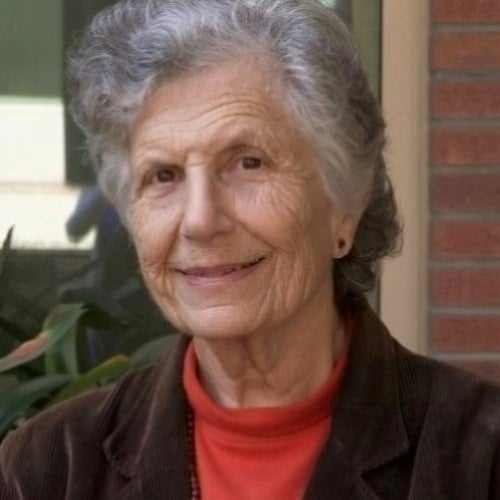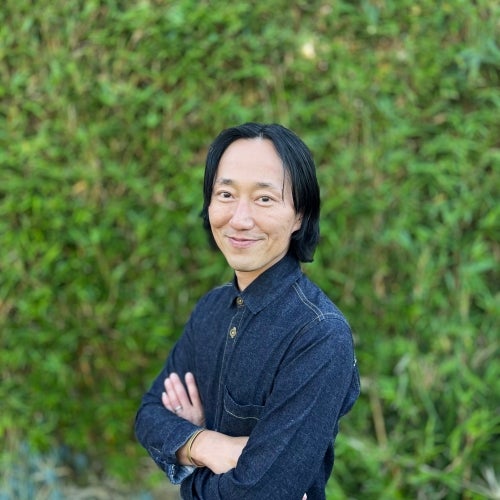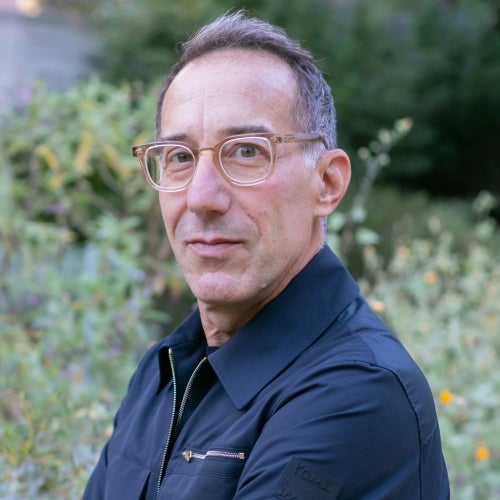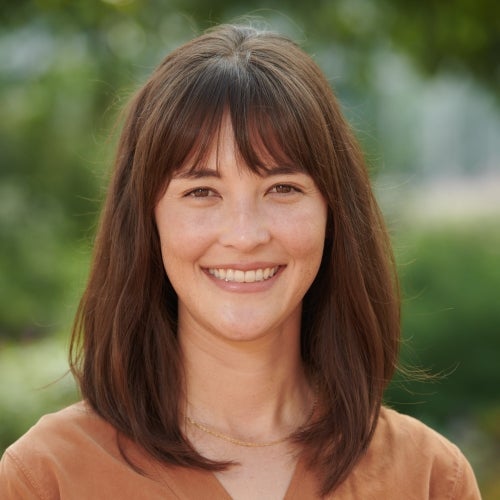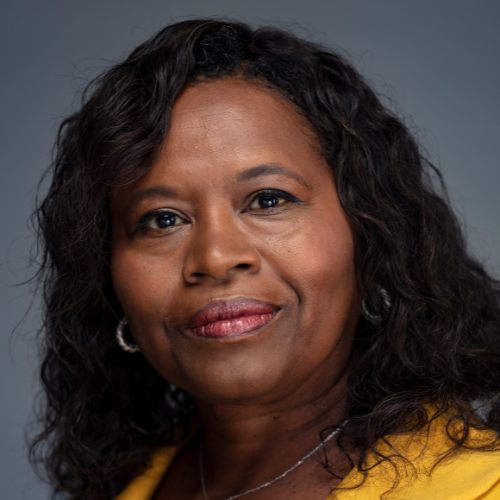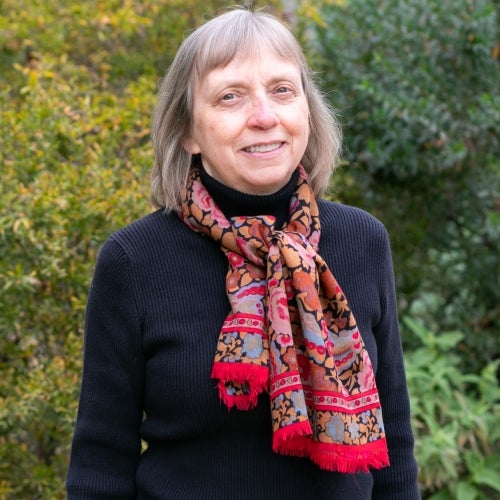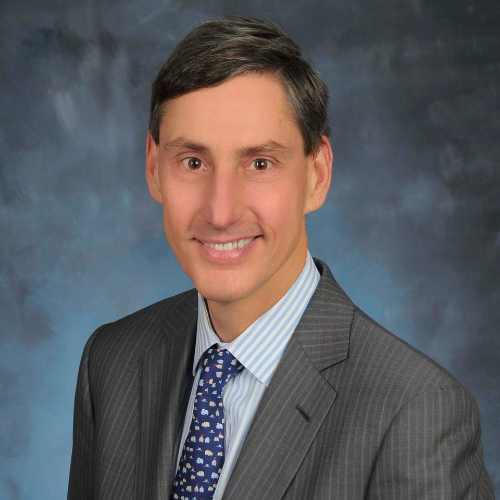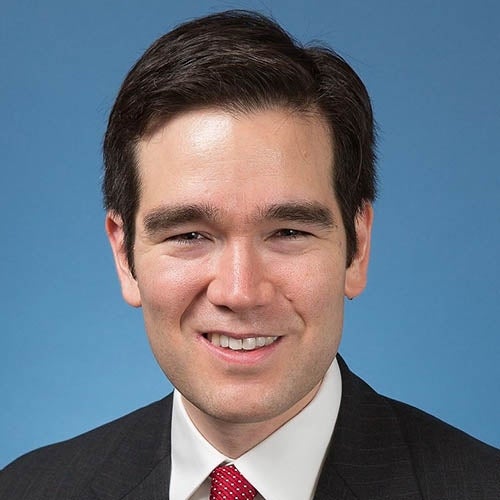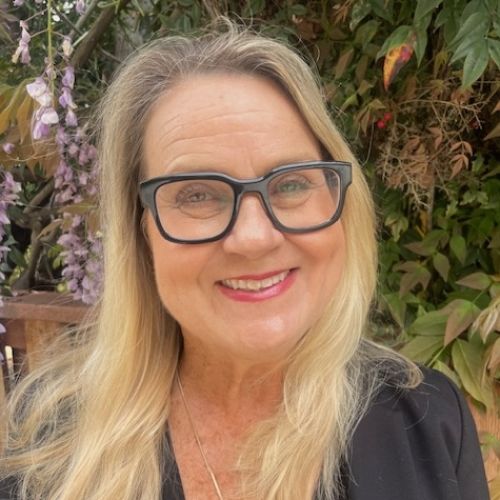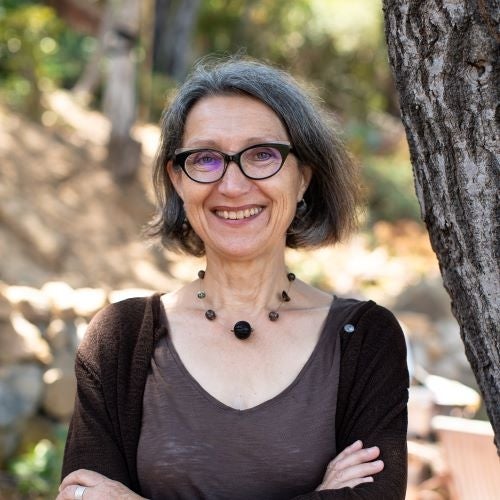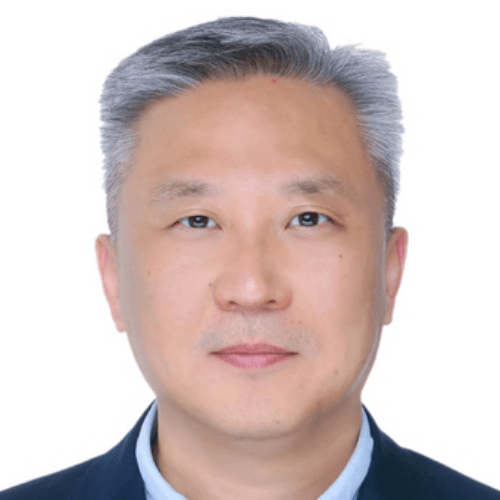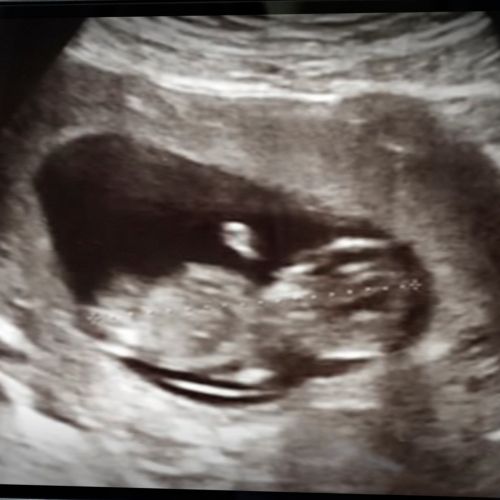Q&A | What lessons have we learned about public health crises from the pandemic?
Dr. Robert Kim-Farley writes that the pandemic offers the public, and public health specialists, ample lessons for the next public health crisis.
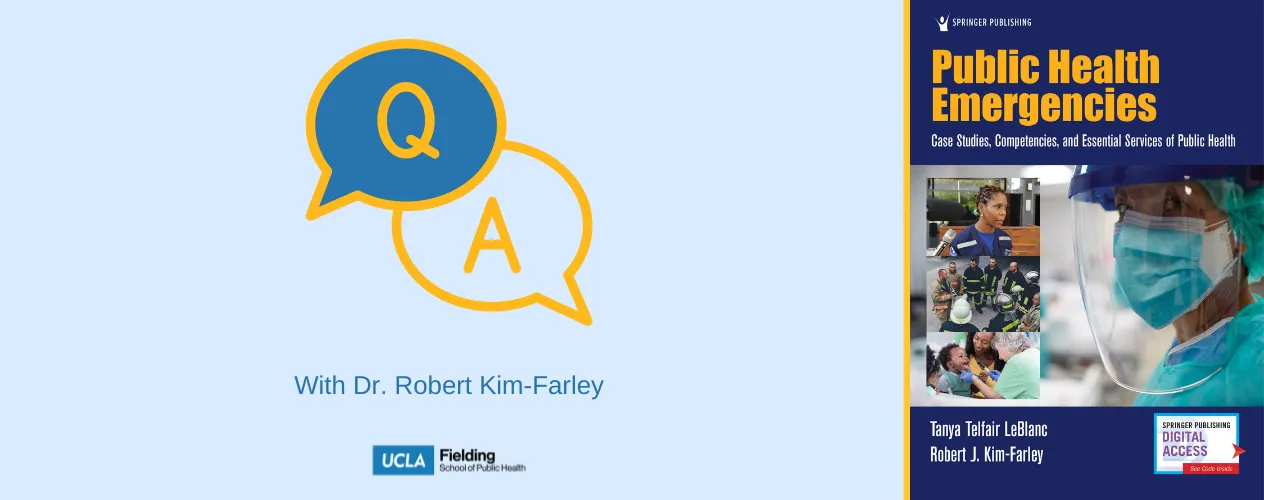
Q. What are the lessons learned for crisis management from the pandemic (so far) for public health professionals?
A. The ‘take-home lesson learned’ from the pandemic, and similar crises, is that no two disasters are the same, and that such forces as the increasing effects of climate change mean that the mix of emergencies will vary over time. There will always be the ‘expected-unexpected’ events such as the COVID-19 pandemic, and we, in public health, need to be anticipating them, planning for them, stockpiling the needed supplies to address them – resources like the National Strategic Stockpile with medicines to counter bioterrorist attacks, personal protective equipment, ventilators, field hospitals, etc. - drilling on them, and responding to them.
Just as the emergency department in a hospital is in a constant state of preparedness and response to the needs of their patients on an individual level - and on a mass casualty level in disasters - public health professionals in emergency preparedness are always at the ready to prepare for, drill, and respond to the community and the disasters that inevitably will affect it.
Q. What lesson can everyone take from the experience of the past two years?
A. We live in an inter-connected world, and has been said, `an infection anywhere can become an infection everywhere’ very quickly; no community in the world is more than a few hours or, at best, a days away from the next outbreak. Our public health services, locally, nationally, or globally, are as much first responders as fire and rescue or law enforcement – except the difference is public health crisis management has to be able respond not just locally, but on a national or even global scale.
In some ways, public health’s mission, in terms of being able to plan for emergencies, mobilize, and deploy to meet it, across the spectrum of possible threats and responses, is possibly best explained to the public as similar to that of the U.S. Coast Guard … or even the U.S. military as a whole. The difference in resources, however, is huge; public health agencies rarely if ever receive funding commensurate with their responsibilities … even in times of crisis, unfortunately.
Q. What are some of the immediate public health threats that you are concerned about?
A. Two years into the current pandemic, it goes without saying that infectious disease outbreaks, from local to global pandemics such as a `viral tsunami’ like COVID-19, have to be at the top of the list. In a world where wildlife habitat is disappearing rapidly due to development, the likelihood that new infectious diseases - bacterial, viral or parasitic - will jump from a non-human animal to humans, is almost a certainty. Along with that, natural disasters such as earthquakes, tornadoes, hurricanes, and floods, and human-made public health emergencies such as chemical disasters and food and water supply hazards, are all very real threats, across the country and around the world.
Q. How about (public health threats) farther out on the horizon?
A. Deliberate human-made disasters, such as nuclear detonation and bioterrorism, remain a very real threat, and as horrible as anything like that would be, public health professionals will be on the front lines in any response to such an event. The possibility of a bioterrorism event is not limited to speculative fiction, tragically enough, and weapons of mass destruction still, even decades after the end of the Cold War, pose a very real threat to human civilization.
Of course, climate change is becoming increasingly recognized as a global health emergency, and encompasses a wide range of events, including heat waves, extreme weather events - rain, hurricanes, tornadoes, and flooding; drought, with the obvious implications to safe water and food supplies; wildfires; sea-level rise; increases in ground-level ozone, airborne allergens, and other pollutants; and changes in the transmission of vector-, food-, and waterborne diseases.
Q. What should a public health specialist — or the public, generally — be looking for from leaders?
A. Thoughtful and rational public discourse requires honesty about the effectiveness of public policy. Unfortunately, in the United States and around the world, it seems that with each disaster, more examples of what should be `lessons learned’ - that have not been learned - are found. These include the many problematic issues of the COVID-19 response, locally, globally, and nationally. As my co-author, Dr. Tanya Telfair LeBlanc, a public health emergency management specialist, has written: `Preparedness depends upon having an existing strong system in place to protect and sustain life under normal circumstances that can be resilient under strained circumstances.’
We need to train a cadre of public health leaders who not only understand the complexities of emergency preparedness, but also comprehend the complexities of society itself, to meet the challenge of building and maintaining public health security – and we need the public, as rational, thoughtful, individuals – to understand that we are truly in this together; they have to do their part, so public health specialists can do ours.
Dr. Robert Kim-Farley currently serves as a professor with joint appointments in the Departments of Epidemiology and Community Health Sciences at the UCLA Fielding School of Public Health. From 2004 to 2018, he served as the director of the Division of Communicable Disease Control and Prevention at the Los Angeles County Department of Public Health. He previously served as a career epidemiology field officer with the Centers for Disease Control and Prevention (CDC); the World Health Organization (WHO) representative to India and chair of the United Nations (UN) Theme Group on HIV/AIDS for the Joint UN Program on AIDS (UNAIDS) in India; the WHO representative to Indonesia; and director of the WHO Expanded Program on Immunization, Geneva, Switzerland.
Faculty Referenced by this Article

Robert J. Kim-Farley, MD, MPH, is a Professor-in-Residence with joint appointments in the Departments of Epidemiology and Community Health Sciences

Professor of Community Health Sciences & Health Policy and Management, and Associate Dean for Research
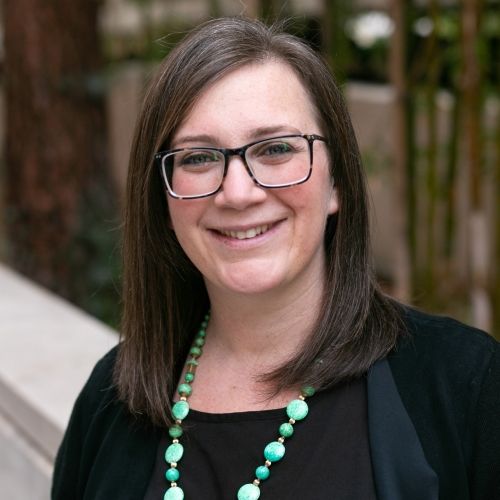
Director of Field Studies and Applied Professional Training
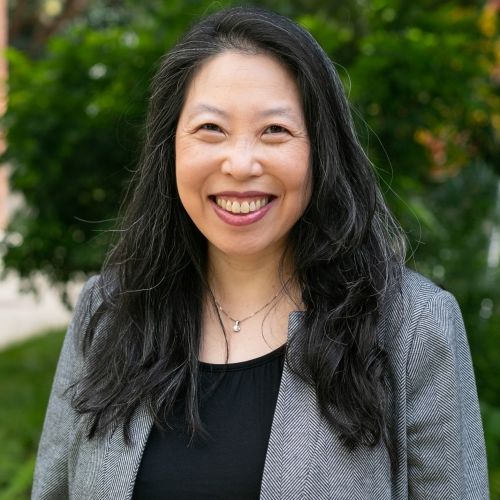
Assistant Dean for Research & Adjunct Associate Professor of Community Health Sciences
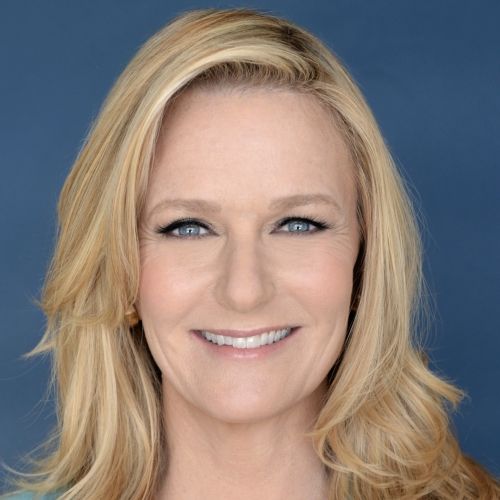
Dr. Anne Rimoin is a Professor of Epidemiology and holds the Gordon–Levin Endowed Chair in Infectious Diseases and Public Health.
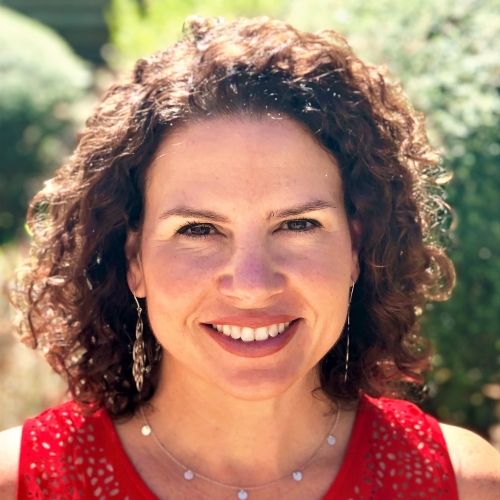
Dr. Joseph Davey is an infectious disease epidemiologist with over 20 years' experience leading research on HIV/STI services for women and children.
